Living with a chronic illness is tough, but chronic illness tattoos can be a powerful way to remind yourself of your strength, resilience, and the journey you’ve been on. They’re not just beautiful pieces of art—they can carry deep, personal meaning, serving as daily affirmations or reminders that you’re not alone.
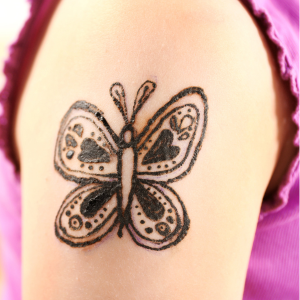 A butterfly tattoo.
A butterfly tattoo.
A butterfly tattoo is a great choice for those living with a chronic illness. It symbolizes transformation, resilience, and hope. Just like a butterfly emerges from its cocoon, you, too, have gone through your own challenges and growth.
You can personalize your butterfly tattoo with colors that hold special meaning. Maybe blue is your favorite color, or yellow reminds you of someone you love—whatever speaks to you. Each butterfly is unique, just like every journey with chronic illness. Despite their delicate wings, butterflies endure an intense transformation, making them a perfect symbol of strength and perseverance.
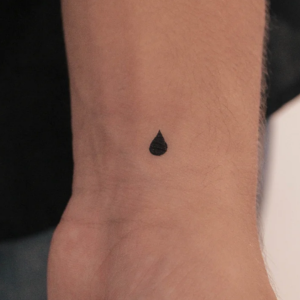 A tattoo that reminds you to stay hydrated.
A tattoo that reminds you to stay hydrated.
We all know how important staying hydrated is, but let’s be real—sometimes we need a little reminder. A simple “Drink Water” tattoo, a cute water droplet, or even a hydration tracker design can serve as a fun and functional way to remember to take care of yourself. Staying hydrated helps with energy, focus, and preventing those dreaded dehydration headaches.
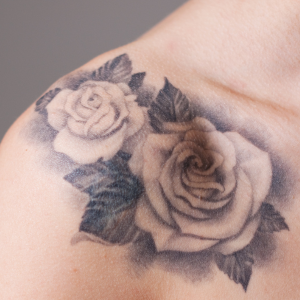 Floral Tattoo
Floral Tattoo
Flowers hold deep symbolism, and for those with chronic illness, certain flowers can represent growth, healing, and perseverance. The lotus flower, for example, blooms from the mud, showing beauty can grow even in tough conditions. A floral tattoo can be a reminder that despite the hardships, there’s always room for growth and renewal.
Illness is something that most people have to deal with at some point in their lives, so why not try to make it one of the best parts? If you find something that means something special to you, then why not remember what it stands for every day? It might be the perfect way to honor someone who has passed away—or even yourself!
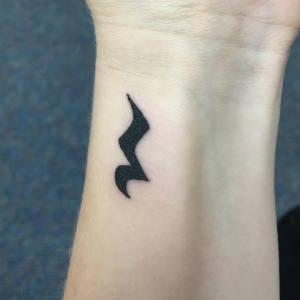 A reminder about the importance of rest.
A reminder about the importance of rest.
If there’s one thing people with chronic illness know, it’s the importance of rest. A tattoo that symbolizes rest—whether it’s the word itself, a cozy-looking design, or something subtle like a crescent moon—can remind you that rest isn’t a luxury; it’s a necessity. Your body deserves it.
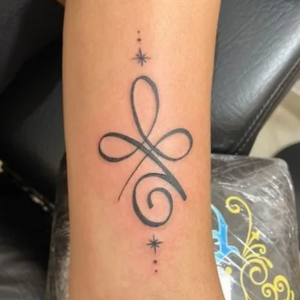 Strength & Resilience Tattoo
Strength & Resilience Tattoo
A tattoo can be a powerful reminder of your strength and resilience. A chronic illness is no small thing, but you can get through anything with the right attitude and support. Your tattoo can remind you that you have the power to change things for yourself and others, that you’re not alone in your struggle against this disease, and that no matter how hard things may seem right now, there’s always hope for improvement—and better days ahead.
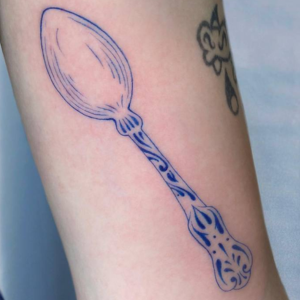 Spoon Tattoo (Inspired by the Spoon Theory)
Spoon Tattoo (Inspired by the Spoon Theory)
A simple spoon or a small cluster of spoons can be a subtle yet powerful way to represent your energy management and the challenges of living with chronic illness. Add flowers, stars, or a ribbon for a more personalized touch.
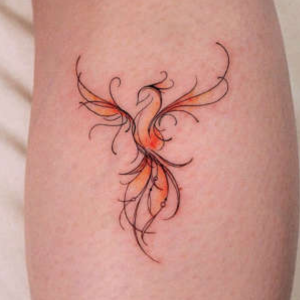 Phoenix Tattoo
Phoenix Tattoo
The phoenix is a symbol of rising from the ashes, making it a perfect representation of resilience, rebirth, and overcoming challenges. A small minimalist phoenix or a more intricate, fiery design can be a great way to honor your journey.
Chronic illness tattoos can be beautiful, meaningful pieces of art that make good visual reminders when chronic pain gets to be tough to deal with at times. Chronic illness can feel isolating at times, but tattoos can also be a way to connect with others who understand. They can open the door for conversations, support, and community.
At the end of the day, your tattoo is for you—a reflection of your journey, your struggles, and your victories. Whether it’s a small reminder on your wrist or a bold statement piece, it’s a testament to your strength and the fact that you’re still here, still fighting, and still thriving in your own way.
We’d love to see your chronic illness tattoo. Send us a message on Facebook so we can share with our community!

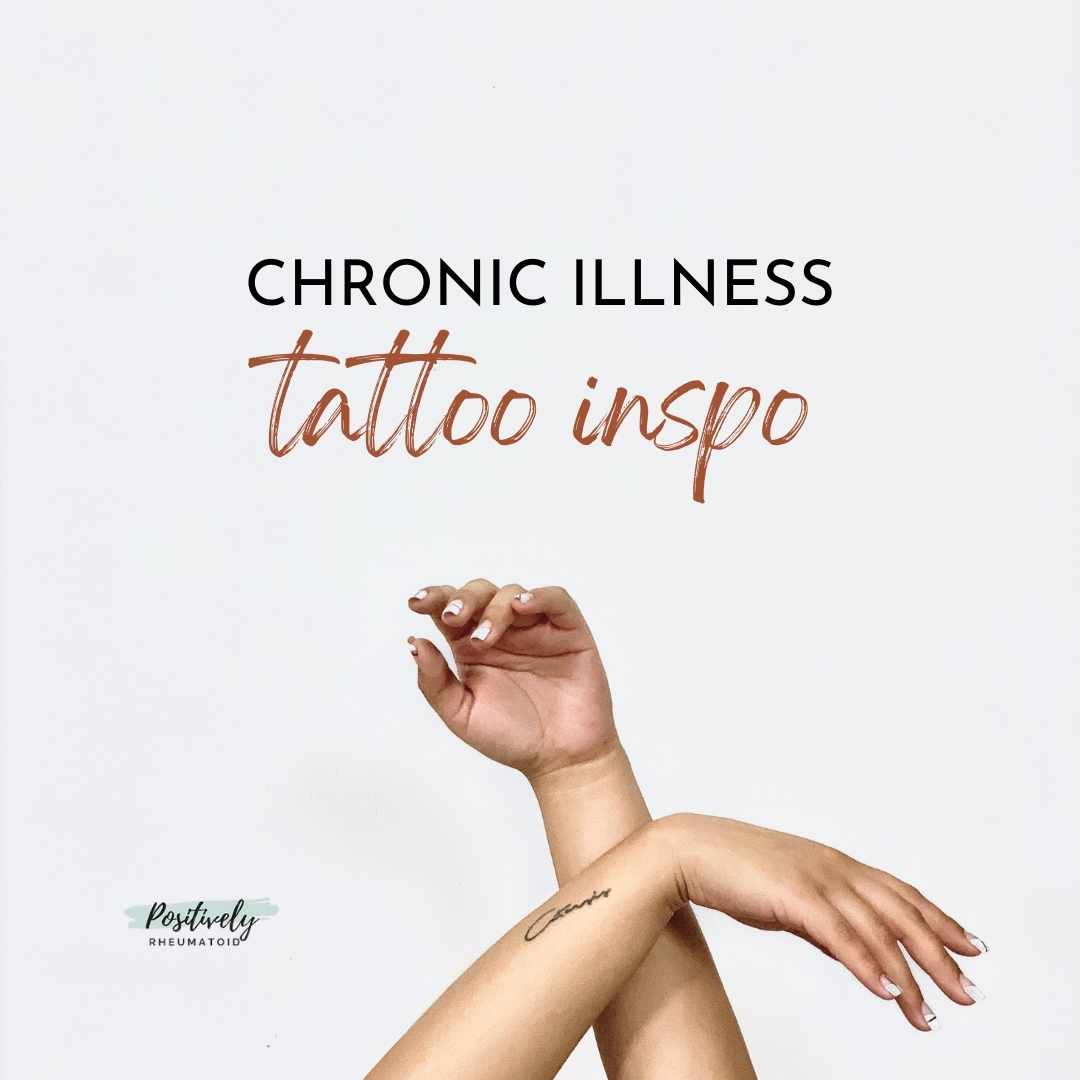
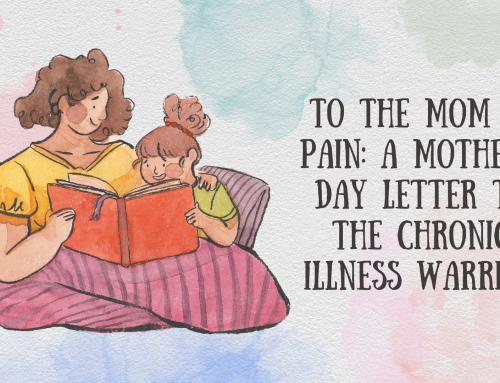



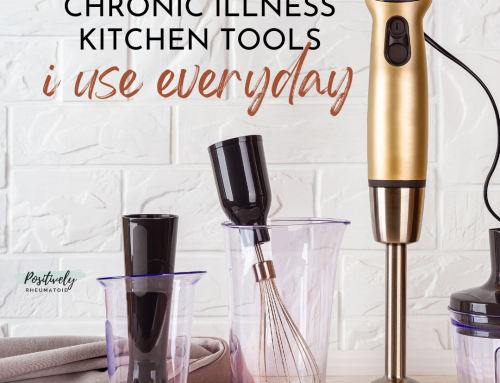
Leave A Comment